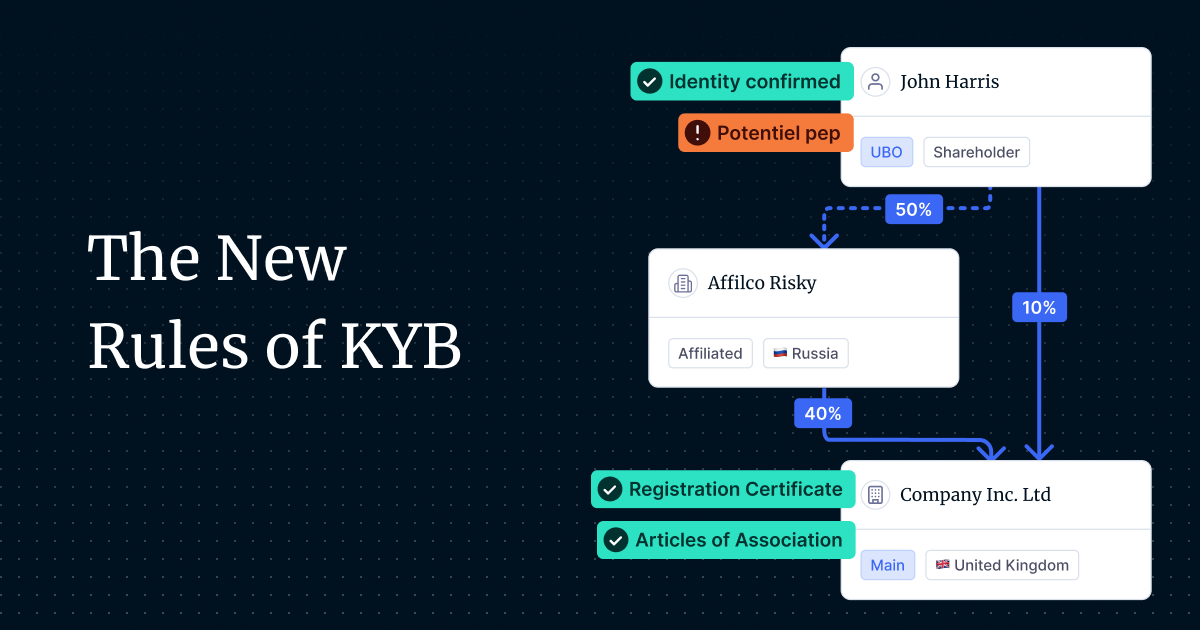Understanding the Travel Rule in Cryptocurrency
What is the Travel Rule?
The Travel Rule stems from traditional banking regulations established by FinCEN in the United States, requiring financial institutions to transmit specific information during wire transfers. In 2019, the Financial Action Task Force (FATF) extended these requirements to virtual assets and Virtual Asset Service Providers through Recommendation 16.
The Travel Rule mandates that VASPs collect and transmit specific originator and beneficiary information when transferring virtual assets above certain thresholds.
FATF Guidelines and Global Implementation
According to FATF's 2025 Targeted Update, 73% of responding jurisdictions have passed legislation implementing the Travel Rule. This represents significant progress from previous years, though global implementation remains incomplete.
The FATF's global network continues to work toward consistent implementation across all jurisdictions with materially important VASP activity.
Key Requirements for VASPs
VASPs must collect the following information:
Transaction Thresholds and Reporting Obligations
Transaction thresholds vary significantly by jurisdiction:
- United States: USD $1,000 threshold as recommended by FATF standards
- European Union: No threshold - all crypto asset transfers between obliged entities must comply
- Other Jurisdictions: Various thresholds ranging from USD/EUR $1,000 to no threshold
KYB Requirements for Crypto Companies
Defining KYB in the Cryptocurrency Context
KYB verification extends beyond individual customer identification to encompass business entity verification. For cryptocurrency companies, KYB processes verify the legitimacy, structure, and ownership of business customers, including UBOs.
Comprehensive KYB solutions help crypto businesses automate these complex verification processes while maintaining compliance with evolving regulations.
Business Verification vs. Individual KYC
While KYC focuses on individual customer identification, KYB addresses:
- Corporate structure verification
- Ultimate Beneficial Ownership identification
- Business registration and licensing verification
- Enhanced due diligence on high-risk business entities
- Ongoing monitoring of business relationships
Required Documentation and Due Diligence
KYB processes typically require:
- Certificate of incorporation or business registration documents
- Memorandum and Articles of Association
- Shareholder registers and ownership structures
- Director and authorized signatory identification
- Business licenses and regulatory approvals
- Financial statements and proof of business activity
Risk Assessment Frameworks
Effective KYB programs implement risk-based approaches considering:
- Business type and industry risk
- Jurisdiction of incorporation and operation
- Ownership structure complexity
- Transaction patterns and volumes
- Regulatory compliance history
How Travel Rule and KYB Work Together
Complementary Compliance Functions
The Travel Rule and KYB requirements create a comprehensive framework for crypto compliance. While the Travel Rule focuses on transaction-level information sharing, KYB ensures thorough vetting of business counterparties before establishing relationships.
Data Sharing Between VASPs
VASPs must implement secure methods for sharing customer information with counterparty VASPs. This requires:
- Counterparty VASP verification and due diligence
- Secure data transmission protocols
- GDPR-compliant data storage and processing
- Five-year data retention requirements
Cross-Border Transaction Monitoring
Effective compliance programs monitor transactions across jurisdictions, considering:
- Varying regulatory requirements
- Different threshold applications
- Sunrise issues, where some jurisdictions have implemented requirements while others have not
Global Implementation Status
United States: FinCEN and State Regulations
The United States has implemented comprehensive VASP regulations through FinCEN requirements, with state-level money transmission licenses adding additional compliance layers. The $1,000 threshold applies to Travel Rule obligations.
European Union: MiCA and AML Directives
The Markets in Crypto-Assets Regulation (MiCA) creates a comprehensive framework for crypto asset regulation across EU member states. Under EU rules, no threshold applies to the Travel Rule - all crypto asset transfers between obliged entities must comply.
Asia-Pacific: Singapore, Japan, and Hong Kong
Key Asia-Pacific jurisdictions have implemented robust VASP frameworks:
- Singapore: The Monetary Authority of Singapore (MAS) has established comprehensive VASP licensing requirements
- Japan: Virtual Asset Exchange Service Providers must comply with strict AML/CFT requirements
- Hong Kong: The Securities and Futures Commission oversees VASP licensing and compliance
Emerging Markets and Regulatory Developments
According to FATF's 2025 report, 20% of surveyed jurisdictions have opted for prohibition approaches, with some implementing partial prohibitions targeting specific activities like retail payments.
Technical Implementation Challenges
Data Privacy and Security Concerns
VASPs face significant challenges balancing compliance requirements with data protection obligations, particularly under GDPR and similar privacy frameworks.
Interoperability Between Different Systems
Multiple messaging protocols exist for Travel Rule compliance:
- Travel Rule Protocol (TRP)
- OpenVASP
- Travel Rule Information Sharing Architecture (TRISA)
The lack of standardized technical solutions creates interoperability challenges between different VASP systems.
Consequences of Non-Compliance
Non-compliance with Travel Rule and KYB requirements carries severe consequences that can threaten a cryptocurrency business's viability. Regulatory penalties include significant monetary fines, license revocation, criminal charges for willful violations, and enforcement actions that can halt operations. Beyond immediate financial repercussions, compliance failures cause lasting reputational damage, eroding customer trust and making it difficult to establish banking relationships or pursue business opportunities.
Most critically, non-compliance directly threatens operational legitimacy, with authorities empowered to deny license applications, revoke existing authorizations, or prohibit operations in regulated markets entirely. Given the global trend toward stricter enforcement, compliance failures in one jurisdiction can create barriers across multiple markets, effectively limiting growth potential and long-term sustainability in the evolving cryptocurrency landscape.
Future of Travel Rule and KYB
Cryptocurrency compliance requirements are expanding beyond traditional VASPs to include stablecoin regulation and DeFi arrangements. FATF's 2025 report shows 48% of jurisdictions with advanced VASP regulation now require certain DeFi arrangements to be licensed as VASPs.
Technology improvements through AI-powered risk assessment, blockchain analytics, and privacy-preserving solutions are enhancing compliance capabilities. Industry standardization efforts are creating interoperable systems and harmonized protocols for cross-border compliance.
These developments point toward more automated and globally coordinated compliance systems, creating a more secure cryptocurrency ecosystem that supports mainstream adoption while preventing illicit activities.
Impact on DeFi and Emerging Technologies
According to FATF's 2025 report, 48% of jurisdictions with advanced VASP regulation require certain DeFi arrangements to be licensed or registered as VASPs. This trend indicates growing regulatory attention to decentralized finance protocols.
Conclusion
The Travel Rule and KYB requirements represent fundamental pillars of cryptocurrency compliance that will only grow in importance as the digital asset ecosystem matures. With 73% of jurisdictions now implementing Travel Rule legislation according to FATF's 2025 report, proactive compliance is essential for sustainable operations in regulated markets.
While implementation brings operational complexity and costs, effective compliance programs unlock access to traditional financial services, institutional partnerships, and global market expansion. Businesses that invest in robust compliance infrastructure today will be best positioned to capitalize on the cryptocurrency industry's continued growth while maintaining regulatory good standing. As regulations evolve and enforcement intensifies, the businesses that thrive will view compliance as a competitive advantage that builds trust, reduces risk, and enables long-term success.
Dotfile helps businesses streamline their compliance, reduce risk, and build trust. Book a demo to see how we can help you.





.png)
